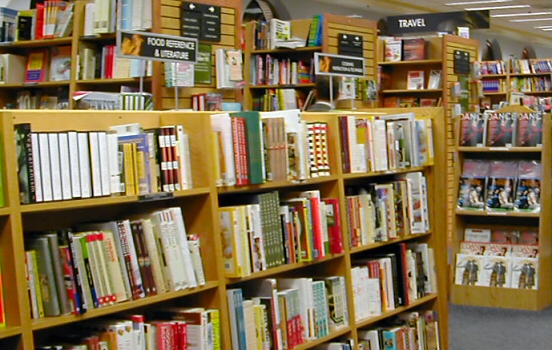Historically there has been always been a steady increase on connectivity. This has led to all sorts of innovation and progress.
Michael Stillwell presented a chart describing the time it took for news of a specific event to reach London. For instance, news of the Battle of Trafalgar in 1805 took 17 days, compared to news of the assassination of Alexander II in 1881 which only took half a day. The reason was the invention and deployment of the telegraph in 1880.
The art of printing books and the telephone were giant leaps for mankind, but internet is a completely different beast. Not only can you communicate in a multitude of ways with people anywhere on the planet. You also have the collected information of humanity available at your fingertips. Physical distance is becoming increasingly irrelevant.
And all this is something that has happened in the last 20 years or less. The last five years have given us quite a lot of new toys such as YouTube, Twitter and Facebook, connecting people more than Nokia ever could.
When hurricane Katrina hit New Orleans in 2005, blog entries and Flickr photos from the area were referred to by live broadcasts on CNN and displayed world-wide. During the riots surrounding the elections in Iran summer of 2009, Twitter played an important part in letting people get their message out to the public.
 Old-school content at Borders in San Francisco.
Old-school content at Borders in San Francisco.
The internet is impressive in many ways, but sometimes it feels like the communication possibilities has gone overdrive. In 2006 I wrote about Web 2.0 and social overload, one year before I even had a Facebook profile. In just a few years time, people have started to instantly share their ups and downs with hundreds of friends, family and coworkers through the Facebook feed and many other social media outlets.
Decades ago there was a lot of talk about personal integrity, and now all of a sudden people happily tell the whole world what they are doing, where they are and what they eat for breakfast. These instant connections are creating a gigantic nervous system, where the collective emotions influence our own feelings and thoughts.
The ease of communication has also given birth to tons of hilarious memes, which would have had a hard time getting any attention back in the days of the old media. The 2005 paper editions of The Guardian or New York Times would not likely mention Lolcats, Rickrolling or Matt Harding.
However, the information wealth is not the problem, but rather our lack of capability in filtering it. The old media used to filter it for us, but these days we have to act as filters ourselves. All this will continue to accelerate, so keep working on improving your filters – technical as well as mental.
Computers and internet have gone from toys for nerds to essential daily tools in only a decade. This kind of information exchange and technological acceleration has never been accomplished before in human history. There has been a lot of hype regarding the information revolution, but we’re actually living it today, regardless of how anyone feel about it.
Related posts
Comments
No comments yet.
Leave a reply